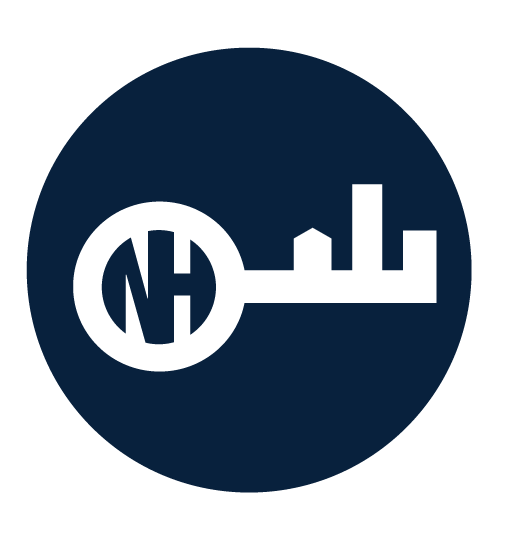Fred Rogers of the PBS television show “Mr. Rogers Neighborhood” often related a quote his mother told him when he encountered scary news as a young boy: “Look for the helpers. You will always find people who are helping.”
Most members of community association Boards of Directors are helpers by nature. That is why they volunteer to serve their communities. So, it is not surprising that some of the most frequent questions we at NowackHoward are receiving from our clients relate to how the Board can help community members in this time of crisis due to the COVID-19 coronavirus.
Importantly, a community association Board of Directors does not have a duty under the law to protect its members from the COVID-19 coronavirus or to otherwise protect the health or safety of its members. However, under Georgia law, if an owner of property or a person in control of property voluntarily undertakes an action which gives people who use the property a feeling of safety or an impression that the possibility of bodily injury is reduced, the person/entity is held to the same standard of care that Georgia law imposes for mandatory duties. So, if a Board, on behalf of its association, takes on such a duty, it exposes the association to potential liability if it is negligent in performing the voluntarily assumed duty. In other words, a good deed could punish an association if personal injury lawyers start advertising for clients who want to blame someone for causing a person’s contamination.
Considering the above, we do not recommend that a Board take the lead in organizing efforts to provide direct assistance to individual community members affected by the COVID-19 coronavirus. This is the same advice we have given to Boards who ask whether the Board should take the lead in creating a Neighborhood Watch Program. The Board should not, for example, take charge of organizing volunteers to deliver food to those self-quarantining or who are elderly or otherwise particularly vulnerable to the virus. However, a Board can “look for the helpers” and support the efforts of other community members who are providing such assistance. For example, if community members have organized a group of volunteers to deliver food or groceries, the Board could offer to place a note on the association’s website or social media, or send out an eblast, telling owners about the volunteer services offered by the group and giving contact information of the lead volunteer. In any such message, the Board should make clear that the volunteers are not affiliated with the Board nor does the Board control the volunteers, so that it is up to individual members to determine whether to use the volunteer service based upon their own evaluation of the health and safety risks of doing so.
A limited exception to the above regarding provision of direct assistance to individuals are high-rise condominiums that employ concierges and other staff that assist residents with deliveries on an ordinary basis. Since those associations regularly assist with deliveries on an ordinary basis as part of the services provided to residents, then these communities can tailor the delivery/concierge services offered to provide assistance to those self-quarantining by, for example, delivering groceries, packages or other items that a resident would ordinarily have to go to the lobby to retrieve directly to the unit. In doing so, reasonable precautions to prevent spread of the virus to the staff should be employed, such as a policy of leaving the package outside the door of the unit, knocking and leaving before the resident opens the door.
While the advice against the Board taking a controlling role in organizing assistance to members may be disappointing to some, keep in mind that Board members are already volunteering to help their communities by serving on the Board and keeping association operations running and common areas maintained. During these challenging times full of economic and social upheaval due to COVID-19, the work that Board members selflessly put in to make sure that their communities stay operational is more challenging, and valuable than ever. Board members are also the “helpers”.


